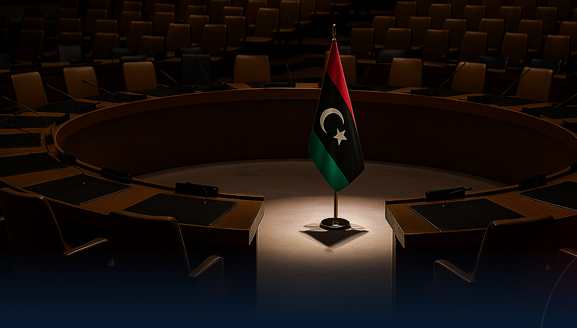Libyan political analyst Abdullah Al-Dibani said that the briefing by the Special Representative of the UN Secretary-General to Libya, Hanna Tetteh, was “routine in form and pivotal in timing,” as it coincides with renewed debate over the UN mission’s mandate amidst political stalemate and security tensions.
Al-Dibani explained, in exclusive statements to the “Sputnik” agency, that the briefing represents a phase of “new political investment” in the mission’s efforts and an attempt to reassert the UN’s role as an external coordinator to advance the Libyan file, rather than letting it remain on the sidelines.
He stated that the briefing sought to highlight the “international credibility” of the mission and the premise of it being an “impartial observer,” while pushing for the Security Council and influential states to commit to supporting the previously proposed roadmap. It also presented the political, security, and institutional challenges on the ground to request additional support and enabling mechanisms.
He noted that the briefing covered security, political, and humanitarian developments and revealed the challenges of implementing the roadmap and reaching internal understandings. He clarified that Tetteh reiterated elements from her August 21 briefing—particularly the “tripartite map” (electoral framework, unification of institutions, comprehensive dialogue)—with rhetorical additions and updated pressure points reflecting recent developments, which constitutes a “relative renewal of the discourse” and an attempt to reassert legitimacy before the Security Council.
Al-Dibani believed that the briefing embodied a balance between the continuity of the declared political line and adaptation to on-the-ground and political changes.
He highlighted the mission’s success in keeping the Libyan file on the international community’s agenda and its diligence in formulating structural steps such as the roadmap, broad consultations, the inclusion of youth, women, and civil society, and expanding communication with municipalities, tribes, and social components to increase the chances of initiatives being accepted.
He stressed that the mission lacks executive tools or significant on-the-ground influence, as it relies on the cooperation of Libyan parties who do not always show commitment, which opens the door to accusations of bias when it calls for pressure to be exerted on specific parties.
Al-Dibani concluded that the most prominent challenge is the gap between the plans and consultations on one hand, and the effective material and political support from member states on the other. Without enabling elements on the ground, the efforts will remain within a theoretical framework, yielding no tangible results.
